8 results in Studies in English and American Literature and Culture

A Companion to the Works of J. M. Coetzee
-
- Published by:
- Boydell & Brewer
- Published online:
- 10 February 2023
- Print publication:
- 08 December 2011
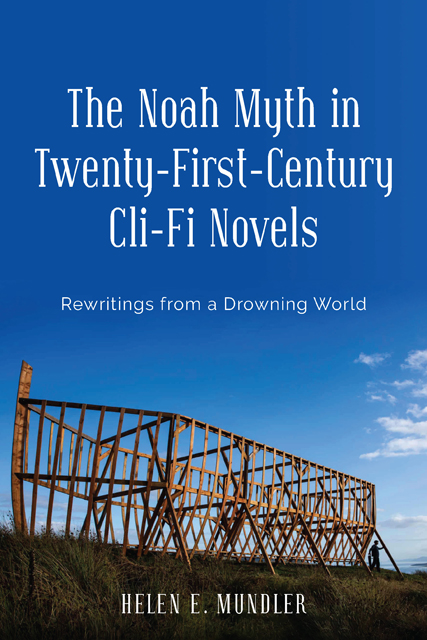
The Noah Myth in Twenty-First-Century Cli-Fi Novels
- Rewritings from a Drowning World
-
- Published by:
- Boydell & Brewer
- Published online:
- 17 December 2022
- Print publication:
- 29 November 2022
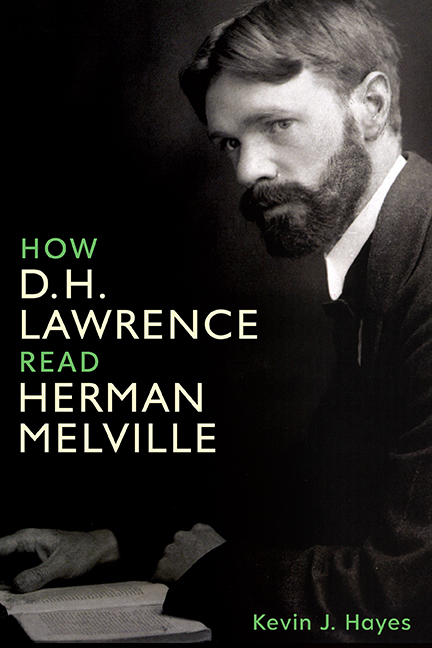
How D. H. Lawrence Read Herman Melville
-
- Published by:
- Boydell & Brewer
- Published online:
- 26 May 2022
- Print publication:
- 15 June 2021
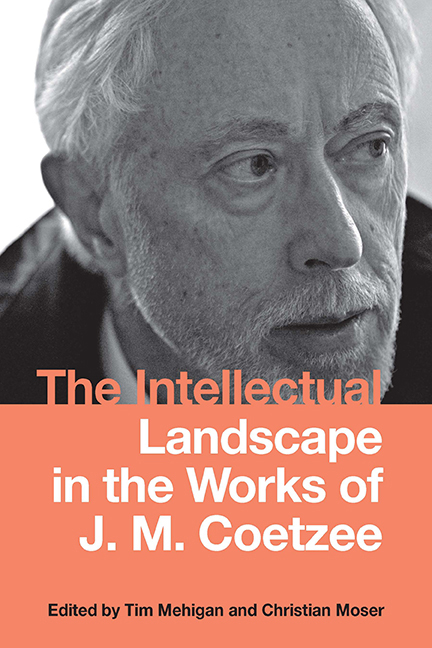
The Intellectual Landscape in the Works of J. M. Coetzee
-
- Published by:
- Boydell & Brewer
- Published online:
- 03 July 2019
- Print publication:
- 01 March 2018
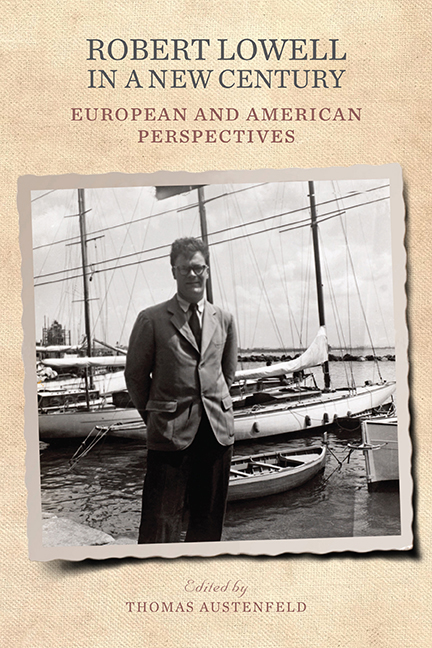
Robert Lowell in a New Century
- European and American Perspectives
-
- Published by:
- Boydell & Brewer
- Published online:
- 26 June 2019
- Print publication:
- 17 June 2019
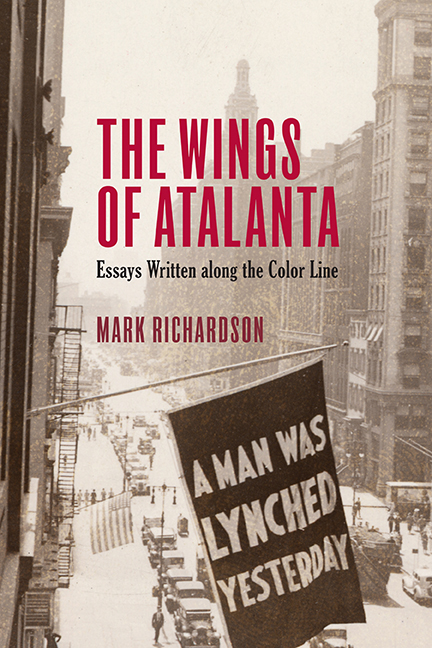
The Wings of Atalanta
- Essays Written along the Color Line
-
- Published by:
- Boydell & Brewer
- Published online:
- 26 June 2019
- Print publication:
- 03 June 2019
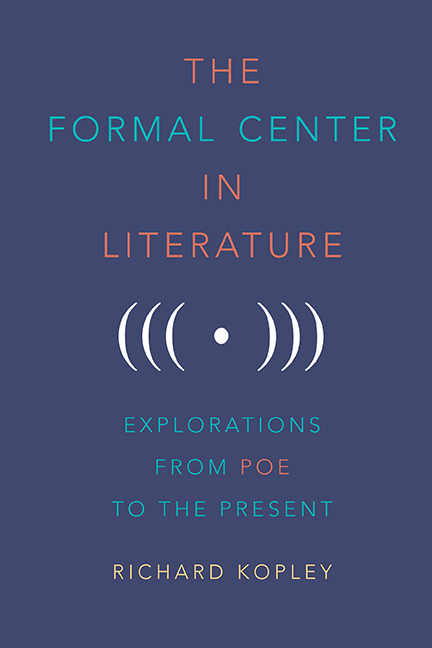
The Formal Center in Literature
- Explorations from Poe to the Present
-
- Published by:
- Boydell & Brewer
- Published online:
- 14 June 2019
- Print publication:
- 15 September 2018
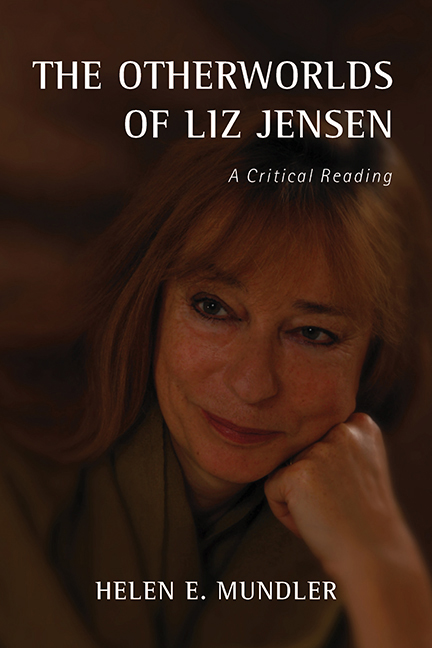
The Otherworlds of Liz Jensen
- A Critical Reading
-
- Published by:
- Boydell & Brewer
- Published online:
- 09 May 2017
- Print publication:
- 15 September 2016

